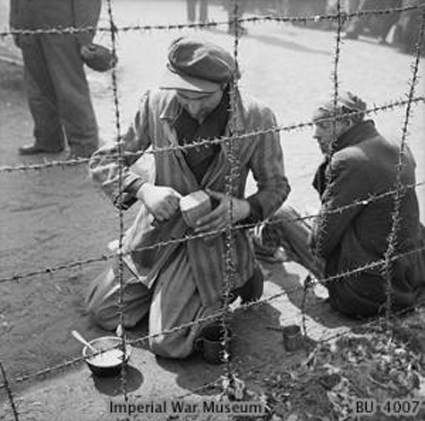Tom Kremer
1930 – 2017

“Tasting life at the door of death, at a critical moment of growing up, meant a lasting pre-occupation with mortality and immortality for the rest of my days.”
Bergen-Belsen – a fortunate escape
The extermination of six million Jews was the most unexpected, most staggering and most incomprehensible event of the Second World War. Most of the European Jews who survived the extermination camps are no longer with us, but those events are of such magnitude that they continue to resonate powerfully. In recent years, for example, members of the English football team visited Auschwitz to gaze on what has now been transformed into a museum. There is very little left that has not been filed, recorded, published or commemorated in one form or other.
He was extraordinarily lucky to be part of a unique and minuscule exchange of prisoners for money.
Tom Kremer was interned in Bergen-Belsen in Germany during the latter part of the Second World War, but certain aspects of his experience there were unusual. Firstly, he was a child (fourteen years old at the time). Secondly, Bergen-Belsen was one the very few concentration camps not geared to mass extermination. Thirdly, he was extraordinarily fortunate to be part of a unique and minuscule exchange of prisoners for money. Had he been older or younger, had he been sent to any other concentration camp, or not been exchanged, he would not be here today to tell his story.
None of these events means that the experience of the camp left no massive trace or mark upon his subsequent existence. The hunger (minimal quantities per day of virtually calorie-less food), the freezing cold and wet climate, the consciousness of approaching and unavoidable death… all of this combined to create a powerful, enduring and unconscious but not altogether negative imprint on Tom Kremer’s extraordinary life.
It took many years of exploring this episode to realise its impact and to understand its ramifications throughout his life. Ultimately these almost inconceivable circumstances contributed significantly to his creative achievements.


“Bergen Belsen was something of a special concentration camp. Among its starving and dying prisoners, were many leading academics, journalists, scientists, rabbis and professionals. In the later days of 1944, a daily massive array of allied air forces was seen, making its way to the spectacular destruction of Hamburg, Bremen and Berlin.”